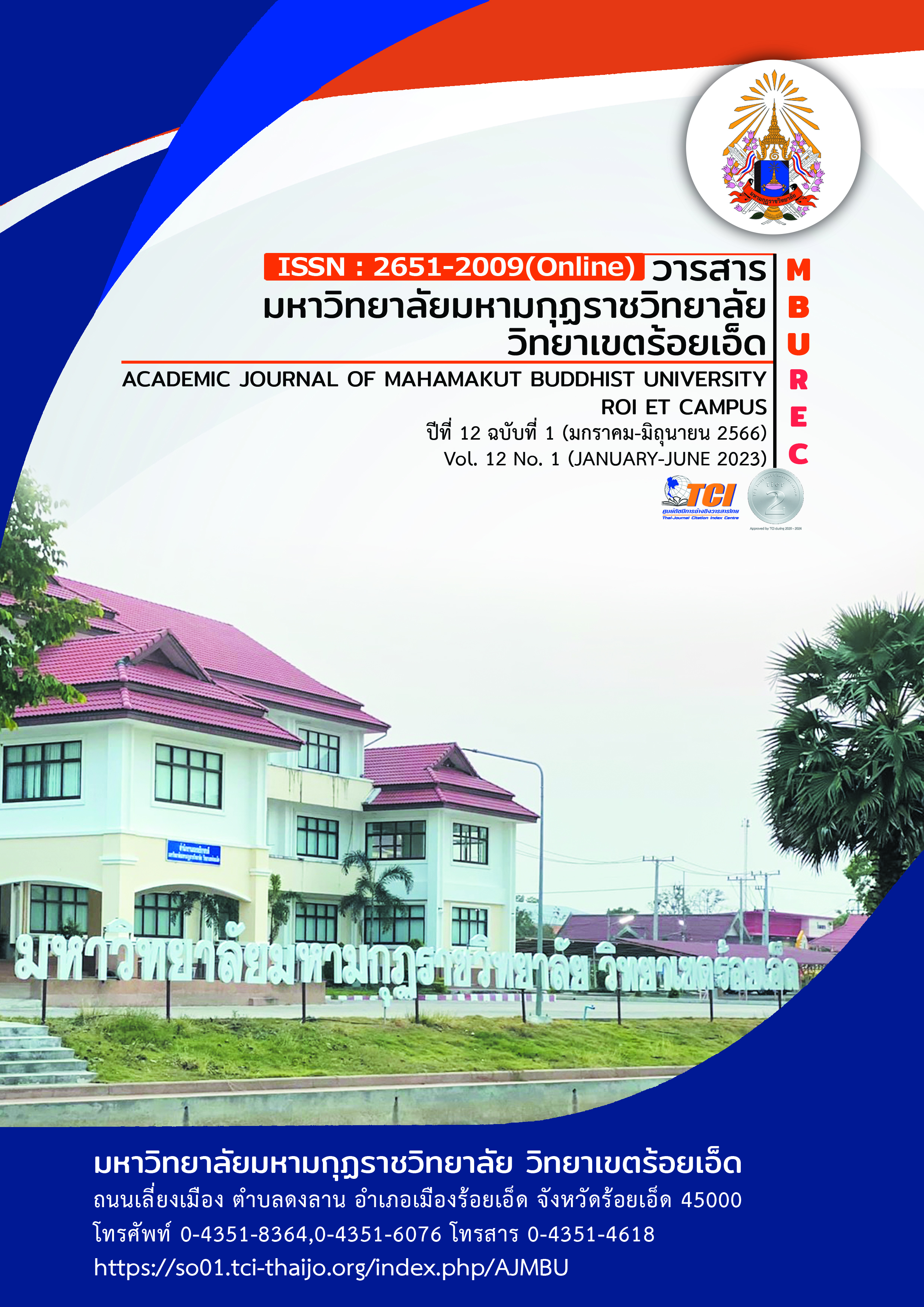GROWTH MINDSET: THE GROWTH MINDSET IS THE HEART OF THE NEW GENERATION OF STUDENT TEACHERS
Main Article Content
Abstract
The Objectives of the article wereto point out the importance of the Growing Mindset for the new generation ofteachers because in everyday life people interpret the meaning of events and expressthemselves in response to events based on the framework. The idea that they had originallybelieved. Mindset is a person's beliefs that influence their thoughts, intelligence, abilities, attitudes, and behaviors about themselves that will guide behavioral expression in differentlifestyles. Characteristics of different beliefs of a person can be classified into 2 groups: a groupthat believes that an individual's intelligence or ability can be changed, called a growth mindset, and a group that believes that intelligence or a concept an unchangeable mindset is called afixed mindset. These two types of mindset are individual beliefs as a result of past experiencesand learnings.A growth mindset is necessary for teacher students because a person who wants to become ateacher must have the ability to seek new ideas. like a challenge not succumb to obstaclesLearn and develop oneself from criticism, which is a necessary trait of student teachers to begood role models for learners in order to convey their point of view. Beliefs that affect the livesof learners until they can develop themselves to their full potential.
Article Details

This work is licensed under a Creative Commons Attribution-NonCommercial-NoDerivatives 4.0 International License.
References
กุสุมา ยกชู, พาสนา จุลรัตน์, นฤมล พระใหญ่ และ ภิญญาพันธ์ เพียซ้าย.(2562). กรอบความคิดงอกงามของครูในการพัฒนาผู้เรียน : การศึกษาเชิงปรากฏการณ์วิทยา. วารสารหาดใหญ่วิชาการ. 17(2). 109-125.
จิตรา ดุษฎีเมธา. (2564). สร้างชุดความคิดเติบโตผ่านความกรุณาต่อตนเอง. วารสารวิชาการ วิทยาลัยแสงธรรม. 13(2). 26-41.
ธนะดี สุริยะจันทร์หอม และอารยา ปิยะกุล. (2561). ผลการใช้รูปแบบ SPASA เพื่อเสริมสร้างโกรว์ธมายด์เซตสำหรับนักศึกษาหลักสูตรวิชาชีพครู. วารสารราชพฤกษ์. 16(3). 56-63.
ปวีณา อ่อนใจเอื้อ. (2562). การพัฒนากิจกรรมการเรียนเพื่อส่งเสริมกรอบความคิดแบบเจริญเติบโตของนิสิตสาขาวิชาชีพครู. วารสารครุศาสตร์อุตสาหกรรม. 18(2). 21-30.
ปัทมาภรณ์ ศรีราษฎ์. (2561). แนวทางการพัฒนากรอบความคิดเติบโตของครู. วารสารอิเล็กทรอนิกส์ทางการศึกษา. 13(1). 389-399.
วิชัย วงษ์ใหญ่ และมารุต พัฒผล. (2563). การพัฒนา Growth mindset ของผู้เรียนยุค 5G. กรุงเทพมหานคร : บัณฑิตวิทยาลัย มหาวิทยาลัยศรีนครินทรวิโรฒ.
Bostwick, K. C. P., & Becker-Blease, K. A. (2018). Quick, Easy Mindset Intervention Can Boost Academic Achievement in Large Introductory Psychology Classes. Psychology Learning & Teaching. 17(2). 177-193.
DeLuca, C., Coombs, A., & La Pointe-McEwan, D. (2019). Assessment mindset: Exploring the relationship between teacher mindset and approaches to classroom assessment. Studies in Educational Evaluation. 61. 159-169.
Dweck, C. S. (2017).Mindset. London : Constable & Robinson Ltd.
Dweck, C. S., & Yeager, D. S. (2019). Mindsets: A View From Two Eras. Perspectives on Psychological Science. 14(3). 481-496.
Fiona, S. S. (2018). Empowering teachers to implement a growth mindset. Educational Psychology in Practice. 34(1). 41-57.
Hildrew, C. (2018). Becoming Mindset School: The Powerful of Mindset to Transform Teaching, Leadership and Learning. New York : Routledge.
Silver, D. & Stafford, D. (2017). Teaching Kids to Thrive: Essential Skills for Success. Thousand Oaks, CA : A SAGE Company.
Smith, M., & Firth, Jonathan. (2018). Psychology in the Classroom: A Teacher’s Guide to What Works. Oxon : Routledge.
Truax, M. (2018). The Impact of Teacher Language and Growth Mindset Feedback on Writing Motivation. Literacy Research & Instruction. 57(2). 135 –157.
Weber, J. (2018). Growth Mindset Interventions: Lessons from Across Domains. Netherlands : University of Groningen.
Zeeb, H., Ostertag, J., &Renkl, A. (2020). Towards a Growth Mindset Culture in the Classroom: Implementation of a Lesson-Integrated Mindset Training. Education Research International. 9(March 2020). 1-13.


